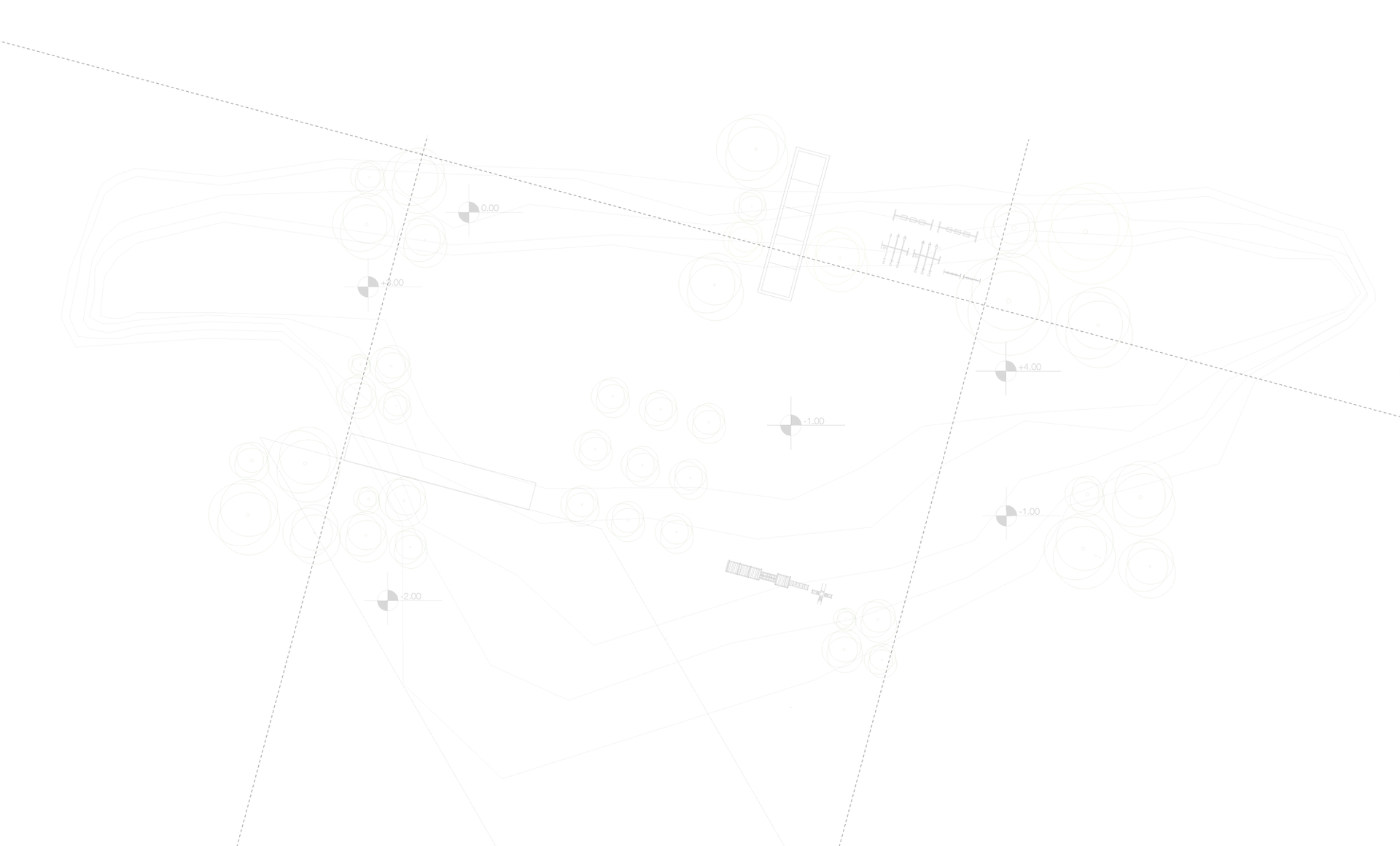
Student Biography
Peng Li is currently in his 5th year of study in the Architectural Engineering Program at Penn State University. In May 2018, he will graduate with a Bachelor of Architectural Engineering degree, with a focus on Construction Management option. Peng is a member of few professional and student organizations including the Penn State Chapter of the Architectural Engineering Institute (Student Society of Architectural Engineers), Chinese Students & Scholars Association (CSSA).
During the past four summers, Peng participated in a small commercial building unit in Shenzhen, China. He was able to have input in both design and construction. Peng had an internship with the Beijing Institute of Architectural Design. He was in the pre-construction department and responsible for communication between the architect and the construction team. These experiences provided him with valuable experience and insight into the design, coordination, and construction of a variety of building types. Peng will be pursuing LEED Green Associate certification upon graduation. In the short term, he looks forward to beginning work in construction management and to be a potential field project engineer or project manager in the future. Peng is also interested in Virtual Reality & Augmented Reality (VR/AR) application in building construction.
Outside of academics, Peng is very involved in University activities. He planned and managed sport & entertainment for traditional festival events for the Asian students. He also participated in many sports tournament at Penn State.
Peng Li

